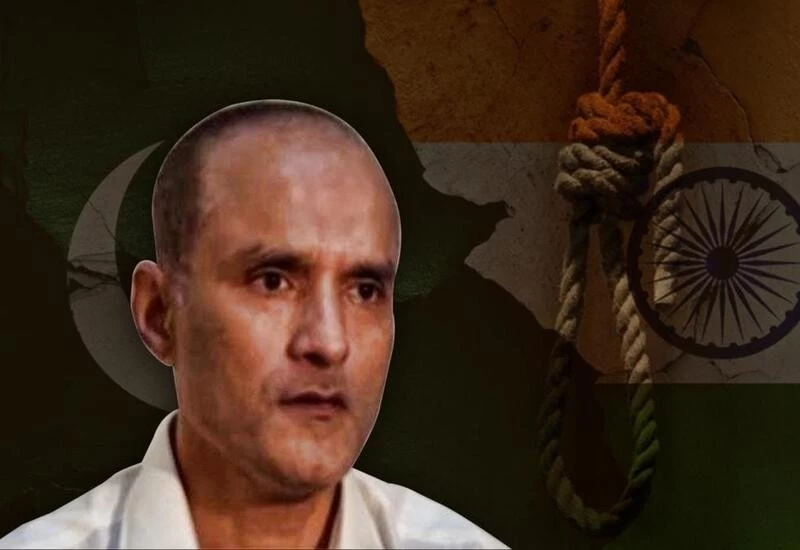The Imran Khan government in Pakistan may soon modify its Army Act. If this is done, it would allow Kulbhushan Jadhav to appeal against his conviction on charges of espionage before a civilian court.
Sources privy to the development, on conditions of anonymity, told India Today TV that the Pakistan government will be making amendments in the Army Act and let Kulbashan Jadhav appeal against his conviction in a civilian court.
In 2017, Kulbhushan Jadhav was convicted by a military court in Pakistan and sentenced to death on charges of espionage and terrorism. The punishment was awarded by the Field General Court Martial (FGCM), a military court consisting of Pakistan Army officers. (The judges on FGCM aren't required to possess any specialisation in law.)
Pakistan has claimed that Kulbhushan Jadhav was "arrested" from Balochistan by its security forces on March 3, 2016. However, India has rejected these charges and termed them baseless. India has maintained that Kulbhushan Jadhav -- a former Indian Navy officer -- was kidnapped by Pakistan's security forces when he was in Iran on a business trip.
In July this year, the International Court of Justice (ICJ) at The Hague held that Pakistan violated its obligations under the Vienna Convention by not allowing India consular access to Kulbhushan Jadhav. The court had directed Pakistan to provide appropriate remedies to him, including consular access.
The verdict was a major victory for India as the ICJ ruled that Pakistan must review the death sentence awarded to Jadhav, who was sentenced to death by a Pakistani military court on charges of "espionage and terrorism" after a closed trial in April 2017.
The court had also ruled that Pakistan had violated India's rights to consular visits after Kulbhushan Jadhav's arrest. According to the ICJ, Pakistan "deprived India of the right to communicate with and have access to Kulbhushan Jadhav, to visit him in detention and to arrange for his legal representation."
India had welcomed the verdict of the International Court of Justice, saying that the ruling of the court by a vote of 15-1 upheld India's position in the case.


